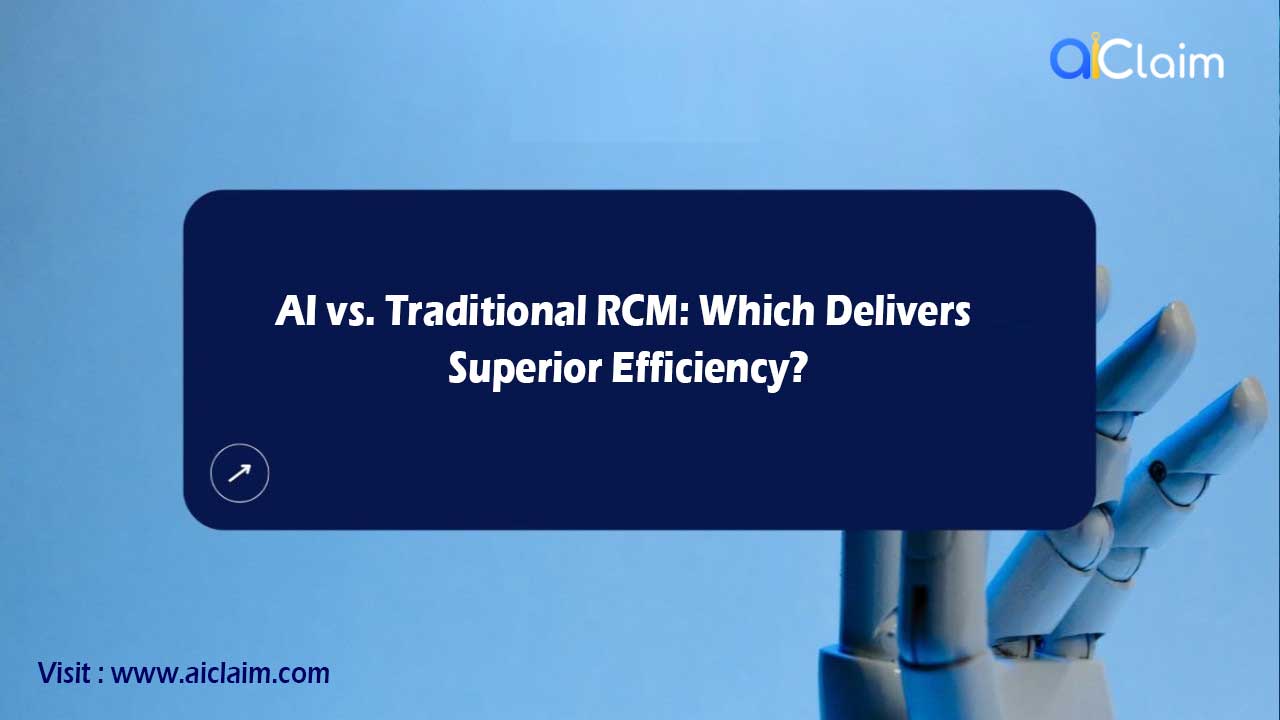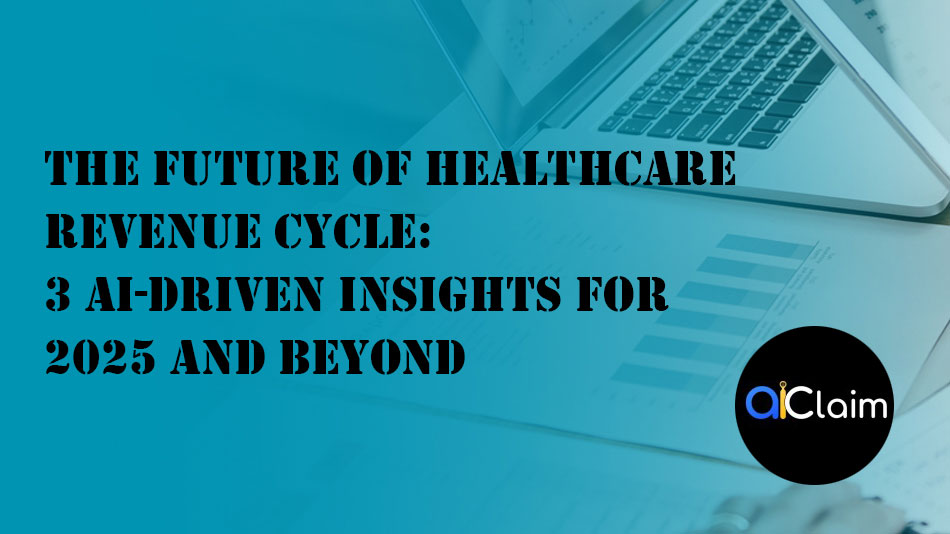Introduction
Revolutionizing health insurance claims with AI is no longer a futuristic concept—it’s happening right now. For decades, insurance claims have been plagued by paperwork, delays, and inefficiencies. But thanks to rapid advancements in artificial intelligence (AI), the health insurance industry is undergoing a transformative shift. In this blog, we explore how AI is streamlining health insurance claims, boosting efficiency, and delivering better outcomes for insurers, healthcare providers, and patients alike.

What Are Health Insurance Claims?
Before we dive into AI, let’s understand the basics. Health insurance claims are formal requests submitted by policyholders or healthcare providers to insurance companies for the reimbursement of medical expenses. These claims can include hospital bills, medication charges, doctor fees, and more.
Traditionally, this process involves several manual steps, including documentation, claim form filling, validation, and approval. Consequently, it has been time-consuming and error-prone.
The Challenges with Traditional Health Insurance Claims
Unfortunately, the conventional method of handling insurance claims often leads to several critical issues. First and foremost, delays are common, as manual checks typically result in longer processing times. In addition, human errors during data entry can frequently cause claim rejections, adding to the frustration of both providers and patients. Moreover, the absence of real-time fraud detection significantly increases the risk of processing fraudulent claims. As if that weren’t enough, administrative costs also rise, since a large workforce is required to manage and process these claims manually. Given these persistent challenges, it is clear that the industry has been in dire need of a more efficient, accurate, and scalable solution.
How AI Is Transforming Health Insurance Claims
AI is fundamentally redefining how health insurance claims are processed. To begin with, it automates data entry, significantly reducing the time and effort required for manual tasks. Furthermore, it detects anomalies in real time, enabling insurers to address issues proactively. As a result, AI-driven solutions offer numerous benefits across the entire claims journey. In the following sections, let’s take a closer look at how AI is actively reshaping the health insurance claims lifecycle.
1. Automated Claims Processing
AI-powered systems can automatically extract and interpret data from medical documents. This eliminates the need for manual entry and speeds up the entire process. As a result, claims can be processed in minutes instead of days.
2. Fraud Detection and Risk Assessment
Machine learning algorithms analyze vast datasets to identify suspicious patterns. By flagging anomalies instantly, AI helps insurers reduce fraud and ensure only legitimate claims are approved.
3. Improved Accuracy and Reduced Errors
AI tools minimize human intervention, thereby reducing errors in coding, billing, and documentation. This leads to faster approvals and higher customer satisfaction.
4. Real-Time Decision Making
With AI, insurers can make real-time decisions based on policy rules, historical data, and predictive analytics. This ensures quicker responses and better resource allocation.
5. Cost Reduction
By automating repetitive tasks, AI reduces the need for a large workforce. Thus, administrative costs drop, and operational efficiency rises.

End-to-End Revenue Cycle Management with AI
Incorporating AI into revenue cycle management brings a holistic approach to handling finances and claims. From patient intake to final payment, every stage benefits from automation.
To learn more about how Aiclaim enhances revenue cycle management, visit our dedicated page: Revenue Cycle Management
Furthermore, AI helps track KPIs, generate detailed reports, and forecast revenue trends, enabling better decision-making and strategic planning.
Benefits for Stakeholders
Let’s break down how different stakeholders benefit from AI-enhanced insurance claims:
- Insurers: Reduced fraud, faster processing, and lower operational costs.
- Healthcare Providers: Accurate billing, quicker reimbursements, and improved compliance.
- Patients: Shorter wait times, transparent processes, and higher satisfaction.
Future Trends in Health Insurance Claims
The integration of AI is just the beginning. In the coming years, we can expect even more advancements:
- Blockchain Integration: For added transparency and data security.
- Natural Language Processing (NLP): To better understand and process unstructured data.
- Chatbots and Virtual Assistants: For instant support and claim updates.
Clearly, the future of health insurance claims lies in smart, connected, and autonomous systems.
Why Choose Aiclaim for AI-Powered Health Insurance Claims?
At Aiclaim, we specialize in delivering cutting-edge AI solutions tailored to the health insurance industry. Whether you are looking to reduce fraud, automate claims processing, or streamline your revenue cycle, our platform is built to adapt and scale with your needs.
Learn more about our offerings at www.aiclaim.com/home.php
We combine AI-driven intelligence with deep domain expertise to provide real results that enhance profitability and customer satisfaction.
Conclusion
The landscape of health insurance claims is evolving rapidly, thanks to artificial intelligence. As manual processes become obsolete, AI offers a faster, smarter, and more secure alternative. By embracing AI-powered solutions like Aiclaim, insurance companies and healthcare providers can unlock new levels of efficiency and profitability.
Don’t let outdated systems hold you back. Start your digital transformation today with Aiclaim.
#HealthInsuranceClaims #AIinInsurance #ClaimsAutomation #HealthcareTechnology #RevenueCycleManagement #Aiclaim




